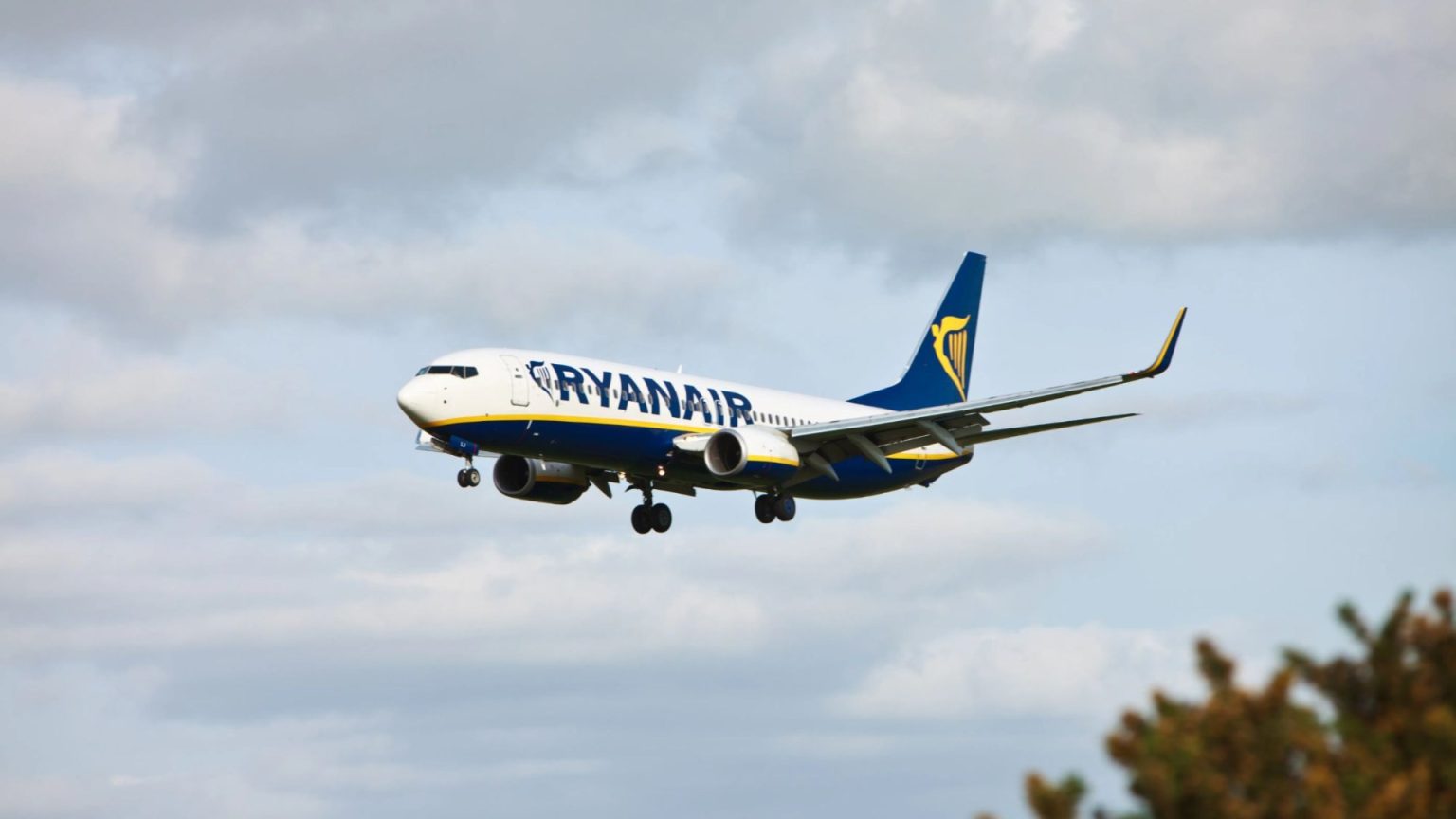Ryanair’s abrupt cancellation of its Bournemouth-Agadir route after a mere ten months of operation highlights the airline’s growing discontent with the UK government’s escalating Air Passenger Duty (APD). This tax, levied on flights departing from the UK, is often passed down to passengers, effectively increasing the cost of air travel. Ryanair CEO Michael O’Leary has vehemently criticized the Labour government’s decision to raise APD by 15% from April 2026, arguing that it will stifle economic activity and growth. He contrasts this move with what he perceives as government favoritism towards other sectors, such as rewarding train drivers and junior doctors, while simultaneously penalizing the aviation industry. O’Leary advocates for scrapping APD altogether, projecting that such a measure would boost UK passenger numbers by 30 million over the next five years. He has also criticized the government’s focus on expanding Heathrow Airport, dismissing it as a distraction from the real issue of APD.
The Bournemouth-Agadir route, launched in April 2024, represented Ryanair’s 19th destination from Bournemouth Airport and contributed to a 30% increase in weekly flights from the airport during the 2023 season. Its premature cancellation underscores the potential repercussions of rising flight costs on the travel industry. While Ryanair continues to expand its network elsewhere, adding seven new routes from Stansted Airport to destinations in Italy, France, Germany, and Austria, the Bournemouth-Agadir situation serves as a cautionary tale. The airline’s decision to offer low fares on these new routes, with one-way tickets starting at £14.99, indicates a strategic effort to stimulate demand despite the looming threat of increased APD.
The debate surrounding APD revolves around its impact on affordability and competitiveness. Chancellor Rachel Reeves justifies the tax increase by citing its failure to keep pace with inflation. However, the TaxPayers’ Alliance, a taxpayer advocacy group, points out that by the time the APD hikes take effect, inflation will have substantially outstripped the tax increase. Their analysis indicates that while inflation has risen by approximately 111% since APD’s introduction, the tax itself will have soared by 200% for short-haul flights and a staggering 920% for long-haul journeys. This disparity raises concerns about the fairness and proportionality of the tax, particularly its impact on working-class families aspiring to travel.
The TaxPayers’ Alliance criticizes the government for placing an undue burden on taxpayers while simultaneously funding the Prime Minister’s travels, which are exempt from APD. They advocate for a freeze on the tax to align it more closely with inflation, arguing that the current trajectory is unsustainable and unfairly targets ordinary citizens. The alliance highlights the increasing cost burden on families wishing to travel, citing the example of a family of four travelling to Disneyland Florida, whose APD bill will rise to £408, and even higher for long-haul destinations like Australia. This escalating cost, they argue, makes it increasingly difficult for working families to afford even an annual holiday.
Ryanair’s ongoing expansion, juxtaposed with the Bournemouth-Agadir cancellation, exemplifies the complex dynamics at play in the aviation industry. The airline’s aggressive pursuit of new routes, coupled with its vocal opposition to APD, indicates a dual strategy of growth and advocacy. While Ryanair seeks to capitalize on market opportunities and offer competitive fares, it simultaneously challenges government policies that it perceives as detrimental to the industry and its customers. This approach reflects the airline’s commitment to both expanding its operations and influencing the policy landscape to create a more favorable environment for air travel.
The future of air travel from the UK remains uncertain amidst the escalating APD debate. While the government maintains its position on the necessity of the tax increase, the travel industry and taxpayer advocacy groups express growing concerns about its long-term impact. Ryanair’s actions, including its route cancellations and expansion efforts, underscore the delicate balance between affordability, profitability, and government policy. The outcome of this ongoing debate will significantly shape the accessibility and cost of air travel for millions of passengers in the years to come.


